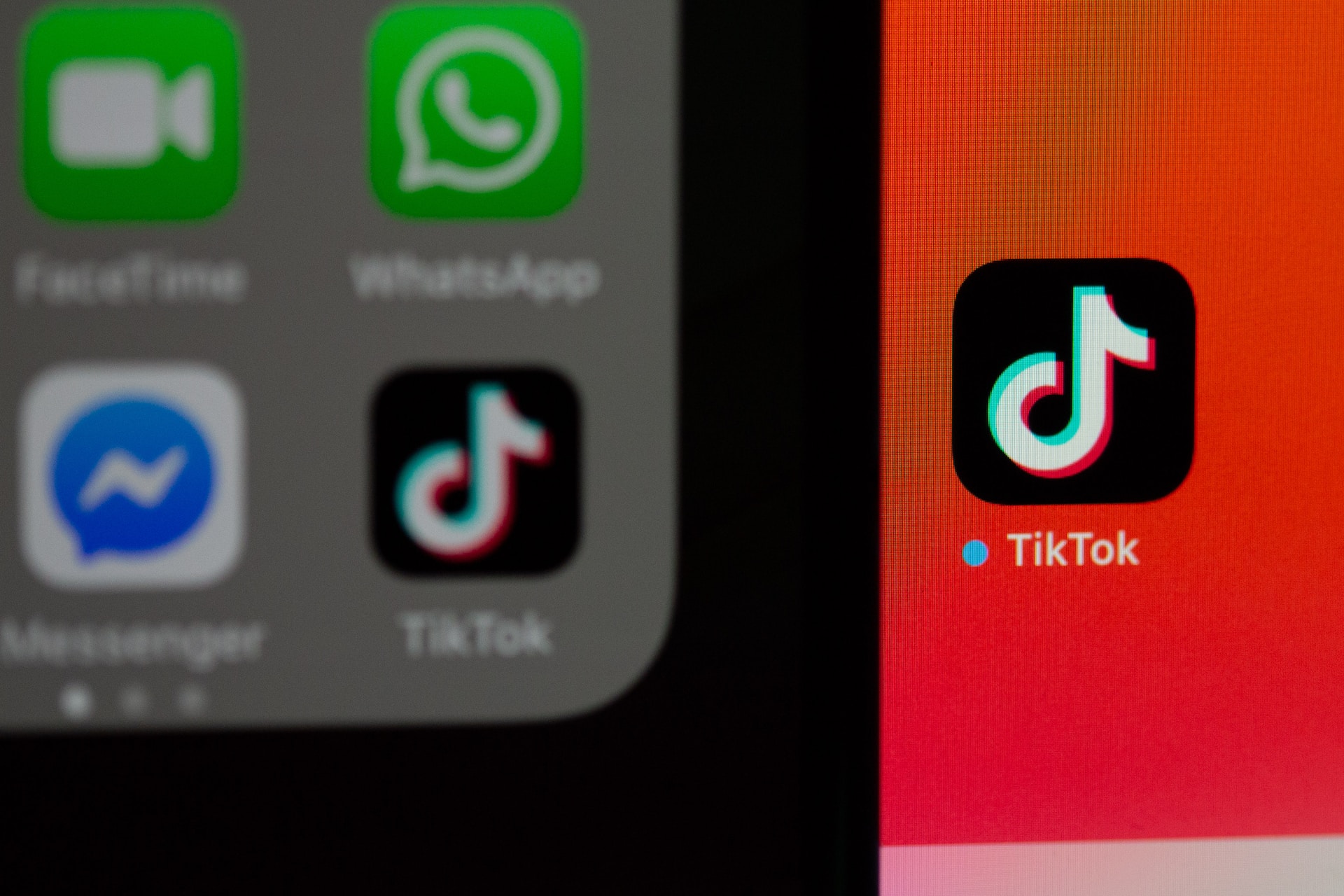Oracle’s ambitious project to conduct a code review of TikTok’s software as part of a proposed partnership has hit a major roadblock, leading to delays in TikTok’s operations in the United States. This development raises concerns about the future of the popular video-sharing platform in the US market. In this article, we delve into the details of Oracle’s code review project, the reasons for the delay, and the implications it has for TikTok’s US operations.
The saga of TikTok’s presence in the United States has been fraught with challenges, stemming from concerns over data privacy and national security. In an effort to address these concerns and secure its operations, TikTok entered into discussions with Oracle in September 2020. The proposed partnership aimed to provide a solution that satisfied both the US government’s security requirements and TikTok’s desire to continue operating in the US market.
As part of the agreement, Oracle committed to conducting a thorough code review of TikTok’s software. The purpose of this review was to ensure the absence of any malicious or backdoor activities that could compromise the security of user data or pose a risk to national security. The completion of the code review was seen as a crucial step towards building trust and addressing the concerns raised by US regulators.
However, the project has encountered significant delays, leaving TikTok’s US operations in a state of uncertainty. The primary reason for the delay is the sheer complexity and scale of TikTok’s codebase. With millions of lines of code to be reviewed, the task is an intricate and time-consuming process. Ensuring the thoroughness and accuracy of the review requires meticulous analysis and verification, which inevitably takes time.
Another factor contributing to the delay is the intricate nature of the partnership agreement between TikTok and Oracle. Negotiations around the terms of the agreement and the specific scope of the code review have added complexity to the process. Both parties must navigate the intricacies of privacy concerns, intellectual property rights, and the broader geopolitical landscape.
The implications of this delay are significant for TikTok, which has faced ongoing scrutiny and challenges in the US market. The platform has millions of active users who rely on it for entertainment and creative expression. Any disruptions to TikTok’s operations can have a negative impact on its user base and potentially damage its reputation. Moreover, the uncertainty surrounding the completion of the code review project raises questions about TikTok’s long-term viability in the US market.
For Oracle, the delay presents its own set of challenges. The company positioned itself as a trusted technology partner capable of addressing the security concerns surrounding TikTok’s operations. The inability to complete the code review project as planned could raise doubts about Oracle’s ability to fulfill its commitments and deliver on its promises. It could also have broader implications for Oracle’s reputation as a provider of secure and reliable technology solutions.
Beyond the immediate concerns for TikTok and Oracle, this development highlights the complexities and challenges associated with addressing national security concerns in the digital age. Balancing the need for security and data privacy with the desire for open markets and global collaboration is a delicate task. The TikTok-Oracle partnership and the code review project serve as a prominent example of how these tensions can manifest in intricate negotiations and complex processes.
While the delay in the code review project is undoubtedly frustrating for all parties involved, it is essential to emphasize the importance of a thorough and accurate review. Given the sensitivity of the issues at hand, rushing through the process could potentially undermine its effectiveness and fail to address the legitimate concerns surrounding TikTok’s operations.
As stakeholders eagerly await updates on the progress of the code review project, the focus shifts to finding a resolution that satisfies both the regulatory requirements and the operational needs of TikTok. The completion of the code review is a crucial milestone that will determine the path forward for TikTok’s US operations and its ability to regain the trust of US users and regulators.
In conclusion, the code review project led by Oracle to ensure the security of TikTok’s software has encountered delays, leading to uncertainties and challenges for TikTok’s US operations. The complexity of the codebase and the intricacies of the partnership agreement contribute to the prolonged timeline. The implications of this delay are significant for both TikTok and Oracle, impacting their credibility and future prospects. As the situation unfolds, it remains to be seen how the code review project will progress and whether it will pave the way for TikTok’s continued presence in the US market.










